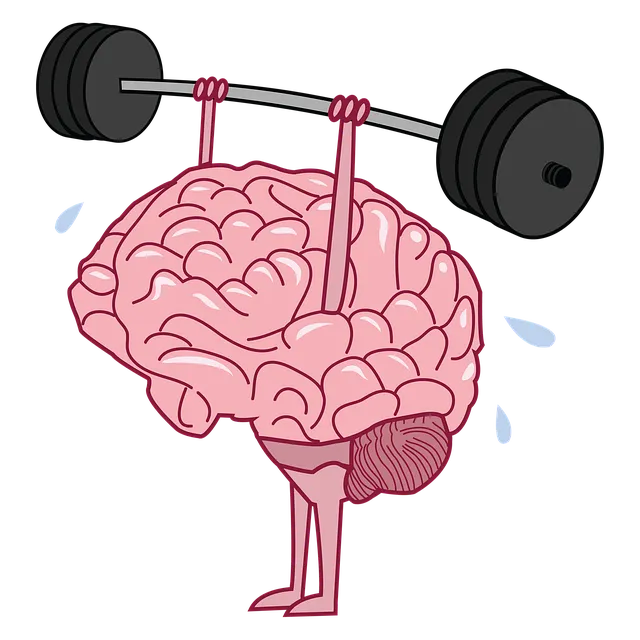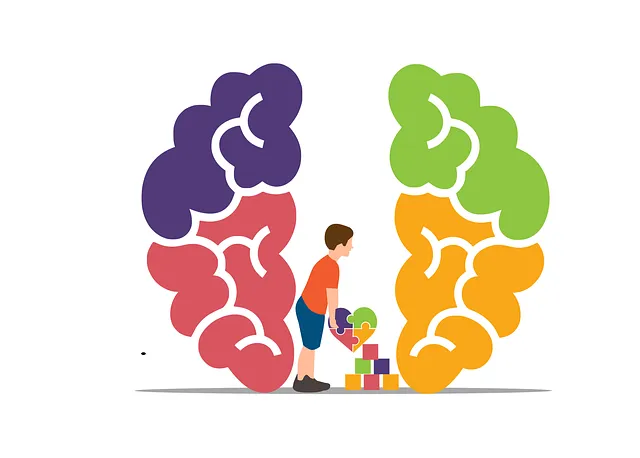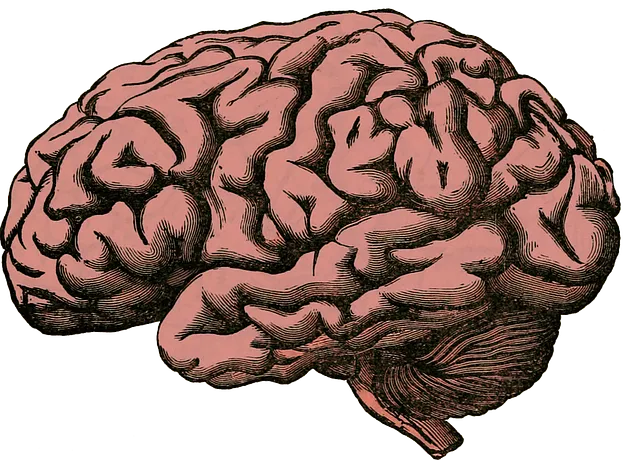Littleton Kaiser Permanente behavioral health services tackle mental health stigma through multi-faceted strategies including education programs that demystify conditions, trauma support for complex needs, and self-care routine development. They foster understanding, bridge cultural gaps, and empower individuals to recognize and support peers through community involvement and interactive workshops. Their comprehensive approach normalizes mental health discussions, reduces stigma, and encourages timely access to behavioral health services.
Mental illness stigma remains a significant barrier to effective mental healthcare, as highlighted by studies at Littleton Kaiser Permanente Behavioral Health Services. This article delves into the multifaceted efforts to reduce this pervasive social problem. We explore strategies ranging from community engagement and education to policy changes, aiming to foster understanding and empathy. By examining successful initiatives at Littleton Kaiser Permanente, we offer valuable insights into how comprehensive approaches can revolutionize mental health support and improve lives.
- Understanding Stigma and Its Impact on Mental Health Care at Littleton Kaiser Permanente Behavioral Health Services
- Strategies for Reducing Stigma: A Comprehensive Approach
- Community Engagement and Education: Empowering Change in Mental Illness Perception
Understanding Stigma and Its Impact on Mental Health Care at Littleton Kaiser Permanente Behavioral Health Services

At Littleton Kaiser Permanente Behavioral Health Services, understanding stigma and its profound impact on mental health care is at the core of their services. Stigma, often stemming from societal misconceptions and fear, can create barriers that prevent individuals from seeking help, prolonging suffering, and hindering recovery. This is particularly evident in communities where discussions around mental illness are still largely tabooshed.
Litton Kaiser Permanente’s approach to stigma reduction involves a multi-faceted strategy. They offer Mental Health Education Programs designed to demystify various conditions, promote empathy, and encourage open conversations. Additionally, their Trauma Support Services cater to individuals who have experienced traumatic events, providing specialized care to address complex emotional needs. Further, they emphasize Self-Care Routine Development for Better Mental Health, empowering patients with tools and techniques to maintain well-being between professional sessions.
Strategies for Reducing Stigma: A Comprehensive Approach

Stigma reduction efforts for mental illness require a comprehensive approach that addresses various aspects of society and healthcare systems. Organizations like Littleton Kaiser Permanente behavioral health services play a pivotal role in this initiative. They offer specialized services tailored to individual needs, promoting understanding and empathy through educational programs and support groups. By integrating cultural sensitivity in mental healthcare practice, these services bridge the gap between diverse communities and professional treatment.
One effective strategy involves organizing social skills training and stress management workshops within schools, workplaces, and community centers. These initiatives foster open conversations about mental health, normalize discussions, and equip individuals with tools to recognize and support peers. Encouraging community involvement and peer mentorship further reinforces positive changes, creating an environment where everyone feels empowered to seek help without fear of judgment or discrimination, including those availing of Littleton Kaiser Permanente behavioral health services.
Community Engagement and Education: Empowering Change in Mental Illness Perception

Community engagement and education play a pivotal role in reducing the stigma surrounding mental illness. By fostering open conversations and sharing accurate information about various conditions, Littleton Kaiser Permanente behavioral health services aim to normalize discussions around mental well-being. Through interactive workshops, school programs, and community events, they empower individuals to understand their own experiences and those of others. This approach promotes empathy and challenges stereotypes often associated with mental health struggles.
Incorporating Compassion Cultivation Practices and Conflict Resolution Techniques into educational initiatives can further enhance these efforts. Well-designed Mental Health Education Programs can equip people with the skills to recognize signs of distress, offer support, and navigate resources effectively. Such programs, tailored to diverse audiences, contribute to a more compassionate and informed community, ultimately reducing stigma and encouraging timely access to behavioral health services.
Stigma reduction is a multifaceted approach, as demonstrated by the strategies employed at Littleton Kaiser Permanente Behavioral Health Services. By implementing comprehensive initiatives that involve community engagement and education, we can create a more inclusive environment where individuals with mental illness feel empowered to seek support. Continued efforts to dispel myths and promote understanding are essential in transforming perceptions and improving access to quality behavioral health care for all.






